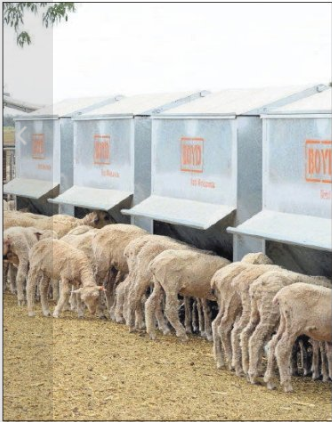Good opportunity to invest in the farm?
N/A, 19 March 2020, The Land
With a lot of farmers still in drought, or recovering from drought, just how much appetite is there going to be for a fresh spend-up on some new plant or equipment between now and 30 June? Among the government's coronavirus economic stimulus measures are an instant depreciation write-off threshold of $150,000, up from $30,000 (for purchases before 30 June 2020), and for those with a bit more cash to splash, a 50 per cent write-off for assets costing more than $150,000 if purchased before 30 June 2021.
There will be plenty of farmers who are just keen to turn a dollar for a change and rein in some of the debt they may have accrued in the past couple of years. But there will no doubt also be some tempted by this new opportunity.
Anecdotally, these tax write-offs do seem help encourage farmers to move forward plans to invest in capital and infrastructure. We've seen multiple variations of these in recent years, including the current deduction for capital expenditure incurred for water facilities if they are used for the purpose of conserving or conveying water for use in primary production.
Likewise, there are deductions available for fencing and fodder storage assets. Hopefully some can take advantage of this latest carrot, but will enough be spent where it is most needed? For instance, will it have the added effect of helping reboot the worst hit drought areas?
Some of the worst hit drought areas in NSW and Queensland might be limited in how they can take advantage of this. Perhaps though, it's also an opportunity to help some other producers who have become adept at feeding stock in recent years to make the most of those skills and look at whether they can set up a more sophisticated feed pad or feedlot.

Given there are a number of districts that have had a reprieve in the season, as well as the opportunity for high returns at the moment, it could be a good time to better equip farm businesses with confined feeding as a permanent part of their infrastructure - especially for sheep and lambs (also see p70). This sort of tax break could help with some of those bigger items, like a feed mixer or tractor, given there are already other deductions available for things like fencing and water.
So it certainly presents an opportunity for livestock producers to build more resilience into their business for future dry season purchases.